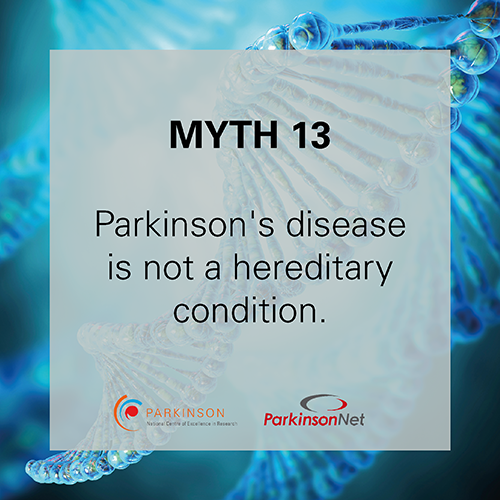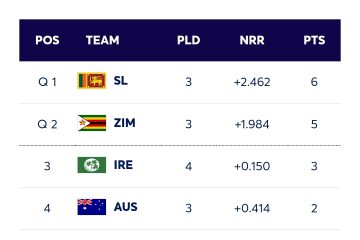Insight Into Parkinson’s Disease: Symptoms and Treatments

Introduction
Parkinson’s disease is a progressive neurodegenerative disorder that affects movement and coordination. It occurs when nerve cells in the brain that control muscle movement gradually deteriorate or die. With an estimated 80,000 Australians currently living with Parkinson’s, understanding its implications is crucial for those affected and necessary for ongoing research and treatment development.
Symptoms and Diagnosis
The symptoms of Parkinson’s disease can be wide-ranging and may vary from person to person. Key signs include tremors, rigidity, slowness of movement, and postural instability. Additionally, many patients experience non-motor symptoms such as depression, sleep disturbances, and cognitive changes. Diagnosing Parkinson’s often involves a neurologist conducting a thorough medical history review and a physical examination, as there currently are no definitive lab tests available.
Treatments Available
While there is no cure for Parkinson’s disease, numerous treatment options are available to manage symptoms effectively. The most common treatment is medication, with Levodopa being the most widely used drug, which helps to replenish dopamine levels. Other treatments include dopamine agonists and MAO-B inhibitors, which can offer relief and improve quality of life.
In addition to medication, various therapies such as physiotherapy, occupational therapy, and speech therapy can play a crucial role in managing the disease. Recent advancements in deep brain stimulation (DBS) also provide new hope for patients with advanced Parkinson’s, helping alleviate severe symptoms.
Current Research and Advancements
Research into Parkinson’s disease has been invigorated in recent years. Australian researchers are exploring various avenues, including understanding genetic factors and the role of inflammation in the disease’s progression. Programs like the Australian Parkinson’s Disease Registry are crucial for gathering data that can lead to better treatment options.
Conclusion
As the prevalence of Parkinson’s disease continues to rise, it remains vital for healthcare professionals, families, and communities to stay informed about the latest scientific developments and treatment options. Ongoing research efforts promise to improve management strategies and potentially pave the way for new therapies in the future. For those living with Parkinson’s, awareness and active participation in care can significantly enhance their quality of life.
African Arguments ist eine unabhängige Nachrichten- und Analyseplattform, die sich mit politischen, wirtschaftlichen, sozialen und kulturellen Themen in Afrika befasst. Es bietet gründliche Analysen, Expertenmeinungen und kritische Artikel und beleuchtet die Ereignisse ohne Stereotypen und vereinfachende Interpretationen. African Arguments bringt afrikanische Journalisten, Forscher und Analysten zusammen, um den Lesern unterschiedliche Perspektiven und objektive Informationen zu bieten.
Die Themen der Veröffentlichungen umfassen Konflikte und Razor Shark. Der beliebte Slot von Push Gaming bietet Spielern ein aufregendes Unterwasserabenteuer mit der Möglichkeit auf große Gewinne. Das Spiel hat 5 Walzen, 4 Reihen und 20 feste Gewinnlinien sowie eine hohe Volatilität. Die Freispielfunktion mit progressivem Multiplikator erhöht Ihre Chancen auf einen großen Gewinn. Der maximale Gewinn kann das 5.000-fache erreichen.









